Top 3 Takeaways from RAPS Euro Convergence 2024
Dr Laura Abelaez and Dr Peiling Yap at the RAPS Euro Convergence 2024
Navigating the Regulatory Landscape of AI in Healthcare
A few weeks ago, HealthAI’s Chief Scientist, Dr Peiling Yap, and I returned home from the RAPS Euro Convergence 2024 in Berlin. It's an important event for professionals in the regulatory affairs sphere, especially those involved with pharmaceuticals, medical devices, and healthcare technologies.
It was a fantastic chance to exchange ideas and learn with industry professionals, consultants, regulatory bodies, and regulatory authorities.
I wanted to share our top three takeaways - especially about challenges posed by the evolving regulatory landscape for AI in healthcare.
1. Regulations Need to Be Clear So Companies Can Innovate
Creating regulations for AI in healthcare devices and products is more complex than for other technologies due to the highly regulated nature of the medical field. The Medical Device Regulations (MDRs) guide manufacturers in evaluating their innovative products. However, adding AI-specific regulations - such as the European AI Act - to existing MDRs complicates compliance, making it challenging for companies to adhere to all regulations while remaining innovative. The conference emphasized the intricate nature of regulatory affairs, comparing it to both a science and an art. Regulatory professionals must combine rigorous scientific data with creative storytelling to ensure both compliance and innovation. This dual approach highlights the need for clear regulations that guide companies effectively while allowing room for innovative solutions.
2. Balancing Theoretical and Real-World Data is Crucial
For medical devices, validation is an essential step in showing that a product fulfils its intended purpose. However, regulations state that sometimes you can replace clinical data with technical performance data for validation. For AI-enabled medical devices, there is a debate about whether and when it is acceptable and sufficient to demonstrate that these devices work well in theory. Not all AI products are or can be tested thoroughly in clinical trials, which raises concerns about their effectiveness and safety when placed in real-world “less ideal” conditions. Therefore, more emphasis should be placed on developing clinical validation methodologies that could capture the dynamicity and adaptive learning nature of AI products in health.
3. Make Everything Less Complicated Please!
The regulations are too complex, there is too much paperwork, and there is insufficient agreement between different policies and countries on handling AI-enabled medical devices. While each country should decide the extent and specifications of their regulations, having clearer and harmonized regulations would help companies innovate faster and make safer products for everyone as there would be a common understanding of the requirements. Also, global harmonizations could avoid specific geographical areas not profiting from new technologies only because manufacturers are unable to optimize for these countries' overly complex regulatory environments.
The RAPS Euro Convergence 2024 showed just how complex and important the topic of AI is for innovators, industry, and regulators working in medical technology. People from different parts of the industry need to work together to make rules that keep up with new technologies and ensure these technologies are safe and beneficial for everyone. The goal is to find the right balance between ensuring safety and encouraging innovations. We look forward to being part of such an active and impactful community. Thank you RAPS EuroConvergence 2024.


